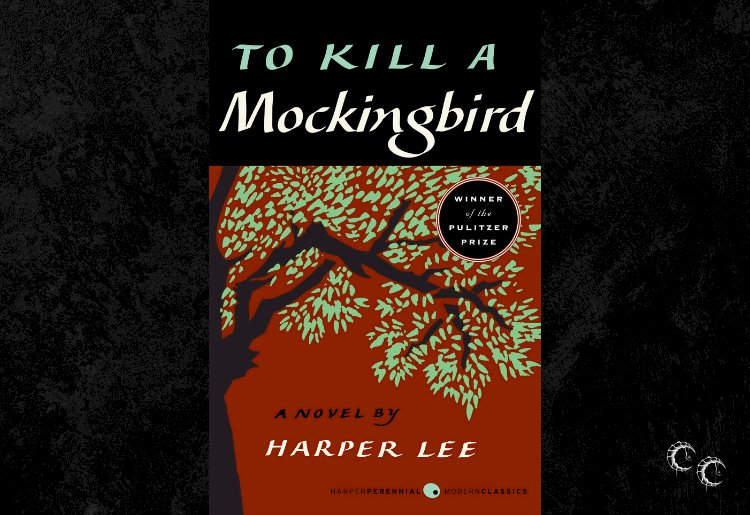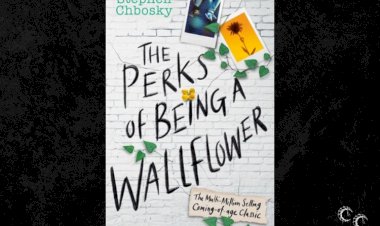To Kill A Mockingbird by Harper Lee

A Timeless Tale of Justice and Compassion: To Kill a Mockingbird by Harper Lee
“You never really understand a person until you consider things from his point of view… Until you climb inside of his skin and walk around in it.”
Harper Lee’s To Kill a Mockingbird is one of the most powerful and enduring novels in American literature. With its memorable characters, timeless themes, and compelling narrative, it continues to resonate with readers across generations. This novel is not just a story—it’s a lesson in empathy, justice, and the importance of standing up for what’s right. Whether you’ve read it before or are diving into it for the first time, To Kill a Mockingbird offers a profound and unforgettable experience.
The Basics
Book Title: To Kill a Mockingbird
Author: Harper Lee
Genre: Fiction, Southern Gothic, Coming-of-Age
Trigger Warnings: Racism, injustice, violence, domestic abuse, and death.
Adult Content: Contains mature themes, but no explicit sexual content.
What’s It About?
Set in the fictional town of Maycomb, Alabama, during the 1930s, To Kill a Mockingbird follows Scout Finch, a young girl, and her brother Jem, as they grow up in a world defined by racial tensions and societal divisions. The story is told through Scout’s eyes, as she navigates childhood while learning hard lessons about morality, prejudice, and human nature.
The central plot revolves around Atticus Finch, their wise and compassionate father, who is a lawyer defending a Black man, Tom Robinson, falsely accused of raping a white woman, Mayella Ewell. As the trial unfolds, the Finch family is faced with the ugliness of racism and injustice, and the children are forced to confront the complexities of human behavior and the corrupt systems around them.
Through the lens of Scout’s childhood, the novel explores deep social issues like racial inequality, moral courage, and the loss of innocence.
What’s Good About It?
-
Enduring Themes
-
To Kill a Mockingbird addresses timeless issues—racism, injustice, morality—that remain relevant today. It challenges readers to reflect on their own beliefs and the world around them.
-
-
Memorable Characters
-
From the courageous Atticus Finch to the misunderstood Boo Radley, the characters in this novel are beautifully fleshed out. Each character represents different facets of humanity, making them both complex and relatable. Scout’s narration is both innocent and insightful, adding depth to the story.
-
-
Moral Clarity and Courage
-
At the heart of the novel is Atticus Finch’s unwavering commitment to justice, even when faced with overwhelming prejudice. His courage and moral integrity serve as a beacon for readers of all ages.
-
-
Richly Layered Storytelling
-
Harper Lee’s writing is poetic and poignant, weaving together themes of family, community, and personal growth. The narrative is both heartbreaking and hopeful, with moments of humor and tenderness.
-
-
Social Relevance
-
Though it was written in 1960, the novel’s exploration of race and justice is still incredibly relevant today, encouraging ongoing conversations about social change and equality.
-
What’s Meh About It?
-
Slow Start
-
Some readers may find the pacing slow at the beginning, as the novel takes its time to introduce the characters and set the scene. However, this pacing allows for a deep dive into the complexities of the characters and the setting.
-
-
Idealized View of Atticus
-
While Atticus Finch is widely regarded as a moral hero, some critics argue that his character is idealized to the point of being unrealistic. However, this perspective can also be seen as an intentional reflection of Scout’s youthful admiration for her father.
-
What Are Readers Saying?
Fans of To Kill a Mockingbird rave about its emotional depth and moral clarity. Many cite it as one of their all-time favorite books, thanks to its vivid characters, timely themes, and thought-provoking messages. While some feel the novel’s portrayal of racism and justice may be too simplistic in certain aspects, most agree that it is an essential work that remains as important today as when it was first published.
Final Verdict
To Kill a Mockingbird is a masterpiece that remains one of the most significant works of American literature. Its powerful exploration of race, justice, and empathy has touched generations of readers.
Harper Lee’s novel doesn’t just tell a story; it challenges readers to reconsider their views on the world and to act with courage and integrity. Whether you’re reading it for the first time or revisiting it after many years, To Kill a Mockingbird is a must-read that will stay with you long after you’ve turned the last page.






























